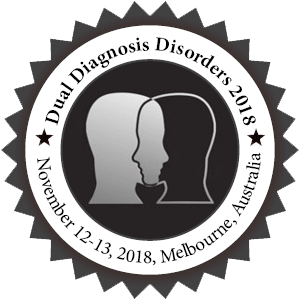
Shurong Lu
The University of Melbourne, Australia
Title: Mental health and breast cancer: Findings from a case-control study in a Chinese population
Biography
Biography: Shurong Lu
Abstract
Mental health of Chinese women is increasingly challenged by the stress of modern life and evidence suggests a rising trend of breast cancer among them. This population based case-control study aims to assess the association between mental health and breast cancer in a Chinese population. Newly diagnosed primary breast cancer patients were recruited as cases (n=818), while controls (n=935), selected from the general population, were frequency matched to cases (age±5 years, same residence). Information of three researcher designed proxy markers of mental health was collected during a face-to-face interview: General propensity for optimism; daily stress and experience of traumatic life events within the past decade. Hierarchical regression results showed that both the propensity for optimism and daily stress dramatically influenced the incidence of breast cancer (R2 change was 0.005 and 0.010, respectively, both P<0.01). People who were least optimistic had a 3.18-fold (95% CI: 1.75-5.78) increased the risk of breast cancer compared with those very optimistic ones; respondents with high daily stress were 2.31 times more likely to develop breast cancer than those with low stress. Such associations were consistent among both pre and post-menopausal women; a borderline association was observed between traumatic life events and breast cancer among post-menopausal women (OR=1.36, 95% CI: 1.04-1.77). These findings call for attention to the mental health of women, especially the intrinsic personality and high daily stress, for its immediate impact on the risk of breast cancer.

